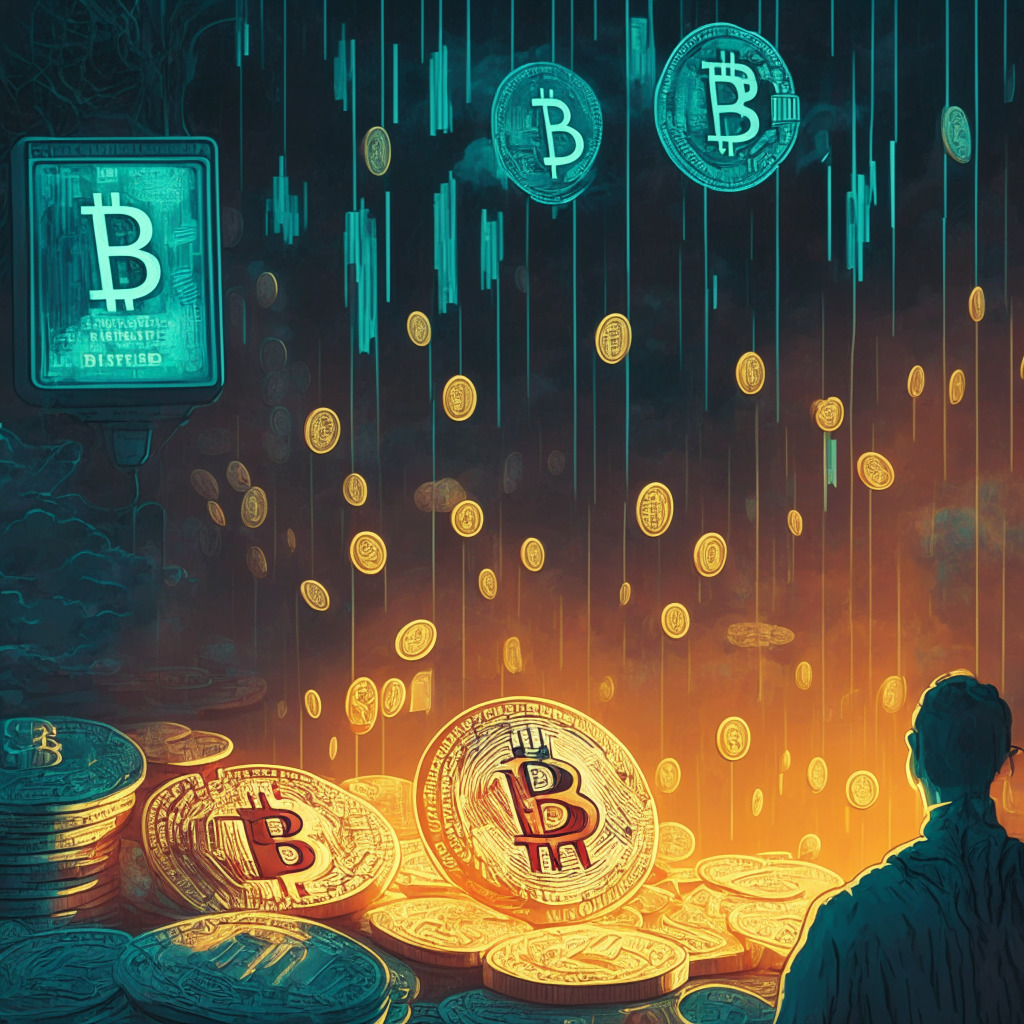In the fast-paced world of cryptocurrencies, market fluctuations can trigger a tidal wave of emotions, as speculators and investors jostle to predict the next big move. According to recent research by analytics firm Glassnode, Bitcoin speculators currently own the least BTC since the coin’s historic high of $69K, highlighting a pervasive sense of exhaustion among market participants. This reduction in short-term holder supply could indicate risk of unrealized losses, as price action stagnates and triggers predictions of deeper downside.
Drawing a fine line between the actions of short-term and long-term holders, the study differentiates between Glassnode’s definition of entities–those holding coins for 155 days or less versus the more tenacious hodlers. While the cost basis for short-term holders is rapidly rising and currently sits at around $28,600, the long-term holder cost basis remains significantly lower at $20,300. The divergence of these two figures provides insight into the elevated acquisition price incurred by many recent buyers.
Where does this leave us? Well, if we delve a bit deeper, analysts suggest that the current market setup could be considered “top heavy”. A slight decrease in the BTC price could potentially push short-term holders into a negative balance. The falling supply of BTC under the control of short-term entities introduces a note of caution, although overall investor commitment in Bitcoin remains notably high. Evidence for this assertion lies in the continual increase in the supply held by long-term holders.
Meanwhile, in terms of international crypto markets, the conversation becomes more contentious. After all, who could forget the ripples created in 2021 by El Salvador’s daring move to accept Bitcoin as legal tender? Initially, the prospect of this bold change made investors wary, triggering a slump in the demand for the country’s bonds. However, after repaying an $800M debt within the due maturing time at the start of this year, the Central American nation saw a boost in investor confidence.
Interestingly, despite initial skepticism, El Salvador’s bonds have outperformed much of their emerging market counterparts, and its debt security has been snapped up by institutional giants such as JP Morgan and Eaton Vance. El Salvador’s embracement of the cryptocurrency world stands as an unconventional success story, making naysayers reconsider and leaving the world to ponder–could this be the future of global finance?
As always, the crypto universe is fraught with risk and uncertainty. Both investors and speculators should tread vigilantly, conducting thorough research before making any decision.
Source: Cointelegraph




